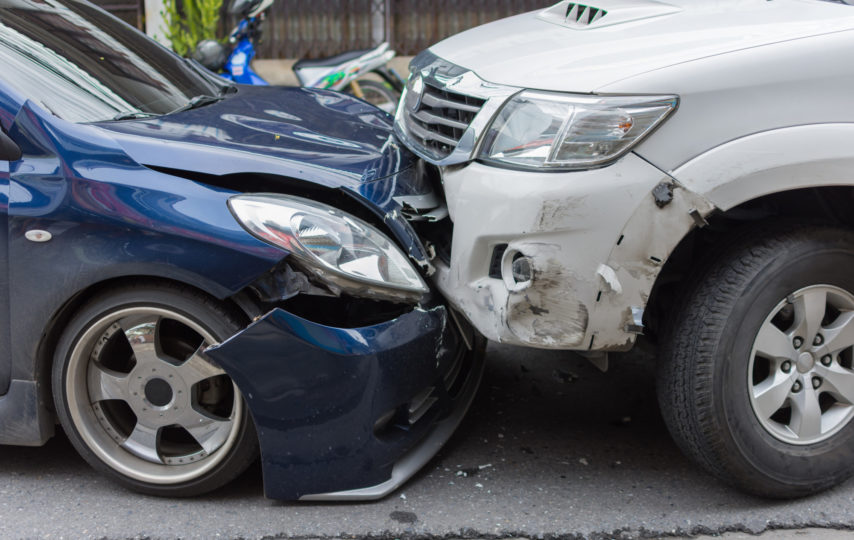Although it isn’t a pleasant topic to consider, it is wise to research what you should do in the case of a car accident.
Many times, after the crash, we may be in a fog, stumbling on our words and having difficulty thinking straight. These effects may be due to the anxiety of the experience, but there could also be a more dangerous culprit.
If you hit your head in any way during the car accident, you may have suffered a concussion. A concussion is when you hit your head hard enough to cause injury to the brain.
How do you handle this situation? What can you do to ensure that you don’t suffer even more?
This article will go over what you should do about your concussion after a car accident.
1. Get Help
Before you do anything else, you should contact emergency personnel right away. A concussion is a serious injury that should not be taken lightly.
If you suspect that you may have suffered a concussion, the quicker you get it treated, the less likely that you will suffer permanent damage from the injury.
Doctors and EMT’s are trained to treat and diagnose these types of injuries. They will put you under a series of tests to figure out if you have had a concussion and if you have, how serious it is.
They will then make a decision on how to treat it.
Granted, a concussion can be a very difficult injury to spot. If a doctor fails to recognize the symptoms and your brain is bleeding, you can suffer from a hematoma, which can be deadly.
Be sure that you explain to your doctor that you were in a car accident and that you hit your head. Express your concerns of a concussion and ask to be tested for it.
If you have been diagnosed with a concussion, be sure that you get referrals for deeper testing and treatment and go to all your follow up appointments.
In the meantime, make sure you follow these tips on what to do after you’ve had a concussion.
2. Document the Injury
When you get a concussion from a car accident, you should document every piece of information that would help the insurance to determine that the crash actually caused the injury.
You should take pictures of your injury and the crash as soon as you can, preferably immediately after the accident has occurred.
Be sure to request that the ER, ambulatory services, and doctor’s visits know that you’re there due to a car accident and to write it down as such. These medical records will be vital in your insurance claim.
If you fail to show proof that your concussion was directly caused by the car accident, you may not be covered by your insurance policy or the other driver’s insurance.
3. Contact a Lawyer
When you get into a car accident that has caused you bodily harm, and you were not at fault, you could possibly be eligible to get more than just your medical bills and car repairs reimbursed.
An injury lawyer can help you to get full compensation for any expenses that the insurance company refuses to pay for. This includes all your medical bills, any lost hours of work, and the pain and suffering that you have undergone.
If you have documented everything well, as point #2 brought out, you should have a great chance at success in pursuing a fair and legal settlement with the help of a personal injury lawyer.
Click here to discuss this process with a licensed attorney.
4. Don’t Fail to Take it Seriously
Concussions may seem very slight in the beginning but can become progressively worse as time goes on.
Instead of trying the “wait and see” approach to concussions, take the head-on approach and take it seriously.
If you have even a slight suspicion that you may have hit your head too hard, go see a doctor right away.
Failure to do this may land you in a serious debilitating situation. When it comes to your health, it’s always better to be safe than sorry.
5. Don’t Sign Anything
To protect your rights, don’t sign any paperwork from the insurance company or other driver unless your lawyer instructs you to do so.
You’d be surprised how one little signed piece of paper can release a person of liability.
In any form, always read through every legal paper carefully and understand what you are agreeing to before you sign on the dotted line.













